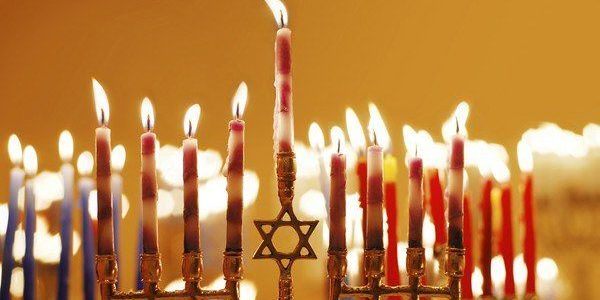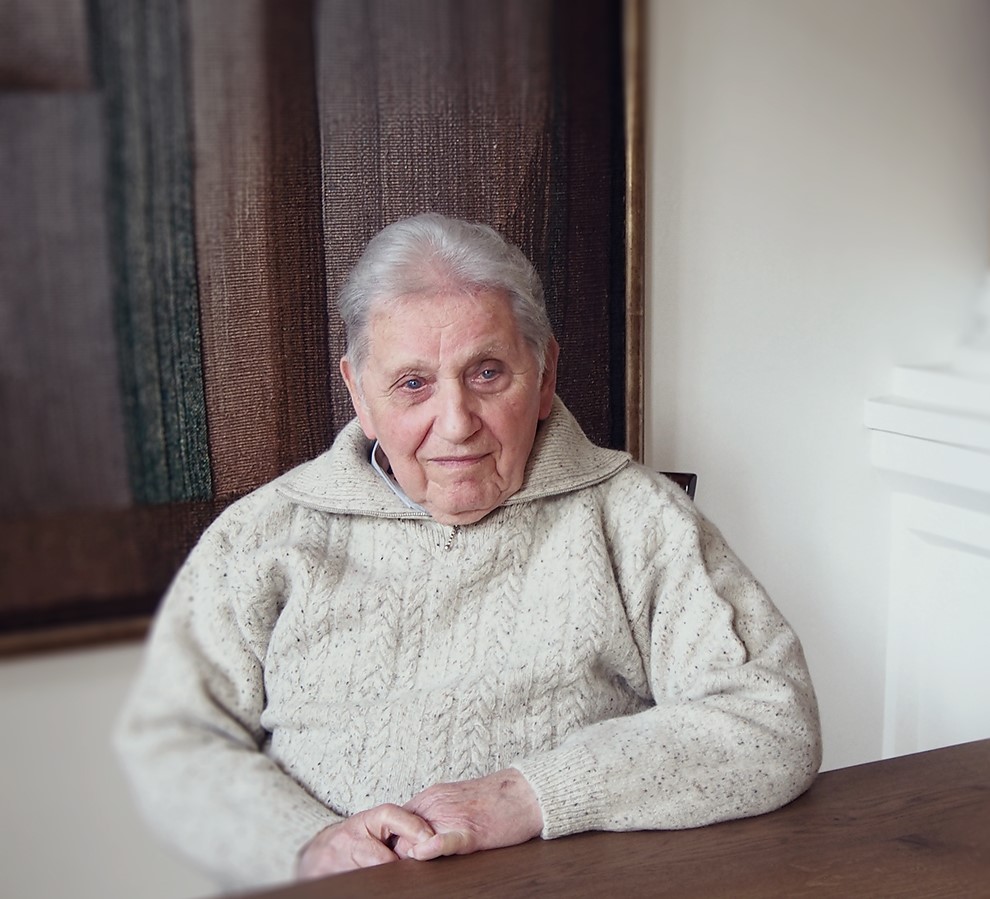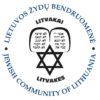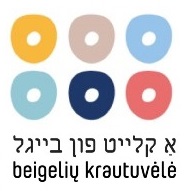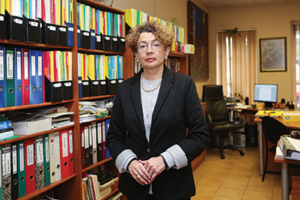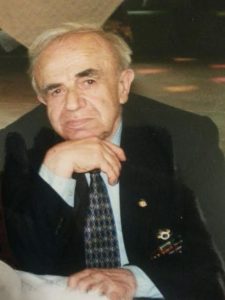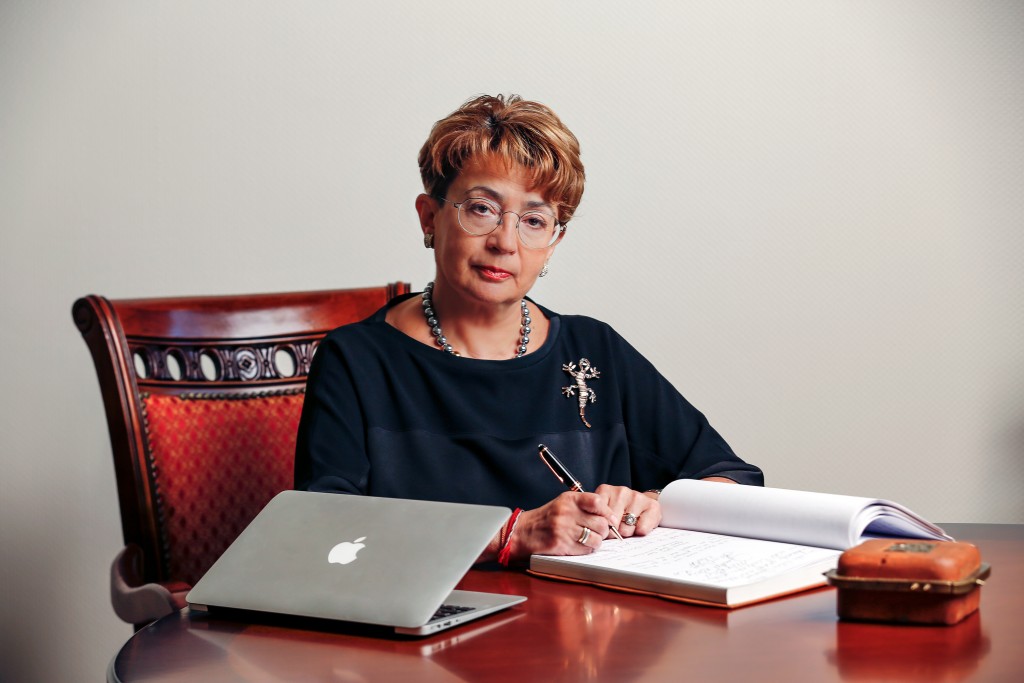Maša Grodnikienė recalled for us the first Hanukkah celebration by the constituent Lithuanian Jewish Community back in 1988.
Lithuanian Jews who survived World War II celebrated Hanukkah quietly at home. In 1987 the Lithuanian Jewish Cultural Association formed and Emanuelis Zingeris became chairman.
On December 4, 1988, Lithuanian Jews came together and collected funds for a shared Hanukkah celebration. This was a memorable holiday in Vilnius, a big event with a beautiful group of people at the Dainava restaurant. Yiddish was spoken and sung. The cultural events group of the Lithuanian Jewish Cultural Association drafted the program and organized the event. The Fayerlakh Jewish ensemble with directors Griša Kravecas and Ana Kravec performed, as did the ethnographic ensemble conducted by Amos Traub and the Kaunas Jewish stage ensemble. Chaimas Gurvičius directed the concert. About 370 people attended. Chairman of the board of the Lithuanian Cultural Fund Česlovas Kudaba greeted the audience, and deputy chairman Tarvydas also took part. This was a grand Hanukkah evening celebration with a concert and speeches.
Remember what that time was like in Lithuania–the independence movement Sąjūdis had formed and Lithuanian Jews from different cities and towns came together and were part of Sąjūdis. Everyone was exhilarated, excited, happy that finally with the national rebirth of Lithuania the Jews of Lithuania could celebrate together that great holiday of the triumph of the spirit, Hanukkah. The majority sought to attend, there weren’t enough places and it was impossible to get in. At that time there were 17,000 Jews living in Lithuania.


